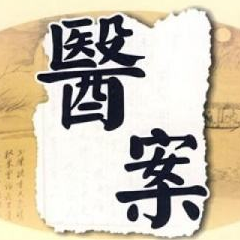The basic views of traditional Chinese medicine on depression are as follows:
1、
Viscera Disorder: Chinese medicine believes that the formation of depression is closely related to viscera disorder.
Traditional Chinese medicine regards the viscera system of human body as an interconnected whole. When the viscera function is disordered or out of balance, it can lead to abnormal changes of emotions, including depression.
2、
Emotional factors: Chinese medicine emphasizes the close relationship between emotional and physical health.
Long-term emotional depression, anxiety, anger and other negative emotions can damage the zang-fu organs, lead to poor circulation of qi and blood, and thus lead to depressive symptoms.
3、
Deficiency of qi and blood: Chinese medicine believes that patients with depression are often accompanied by deficiency of qi and blood. Deficiency of qi and blood can lead to brain dysfunction, which in turn leads to depressive symptoms.
4、
Unbalanced brain regulation: Chinese medicine believes that the brain regulation function of patients with depression is unbalanced.
中医对抑郁症的基本观点大致如下:
1、
脏腑失调:中医认为,抑郁症的形成与脏腑失调密切相关。
中医将人体的脏腑系统看作一个相互联系的整体,当脏腑功能出现紊乱或失调时,可以导致情绪的异常变化,包括抑郁情绪。
2、
情志因素:中医强调情志与身体健康之间的密切关系。
长期的情绪压抑、忧虑、愤怒等不良情绪可以损伤脏腑,导致气血运行不畅,从而引发抑郁症状。
3、
气血不足:中医认为,抑郁症患者常常伴有气血不足的情况。气血不足可以导致脑部功能障碍,进而引发抑郁症状。
4、
脑部调节失衡:中医认为,抑郁症患者的脑部调节功能出现失衡。




110X110.png)
110x110.png)





